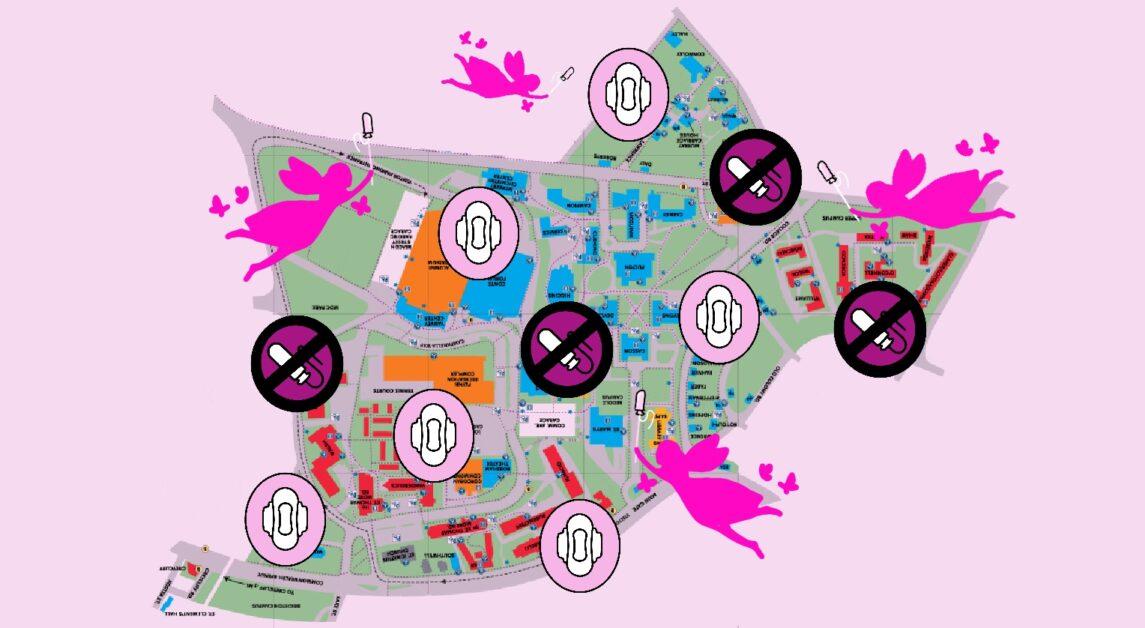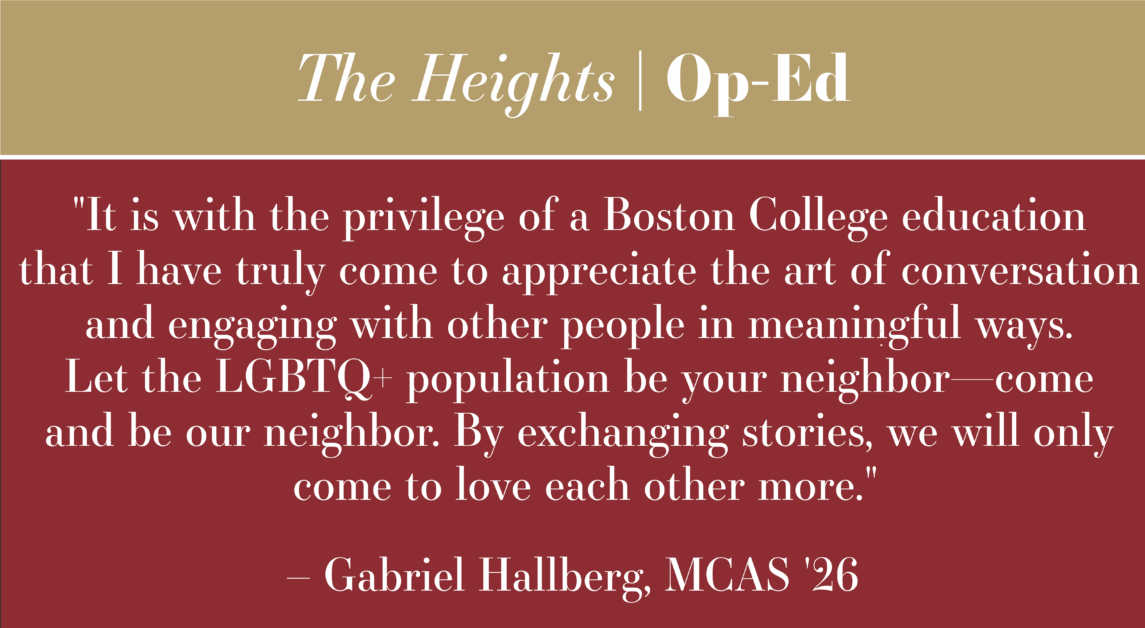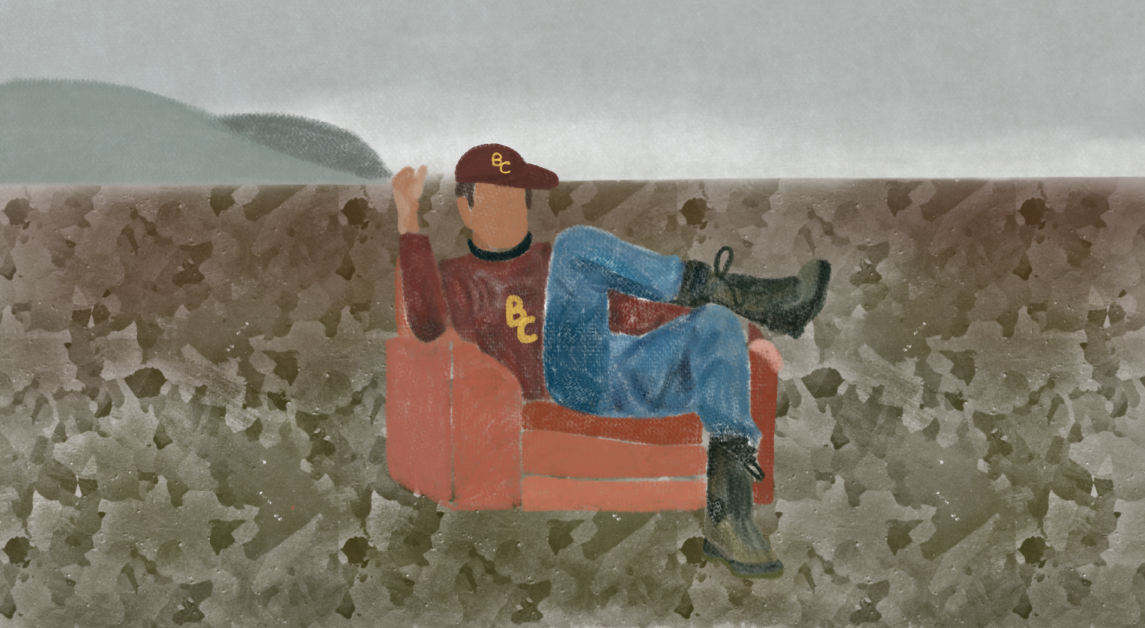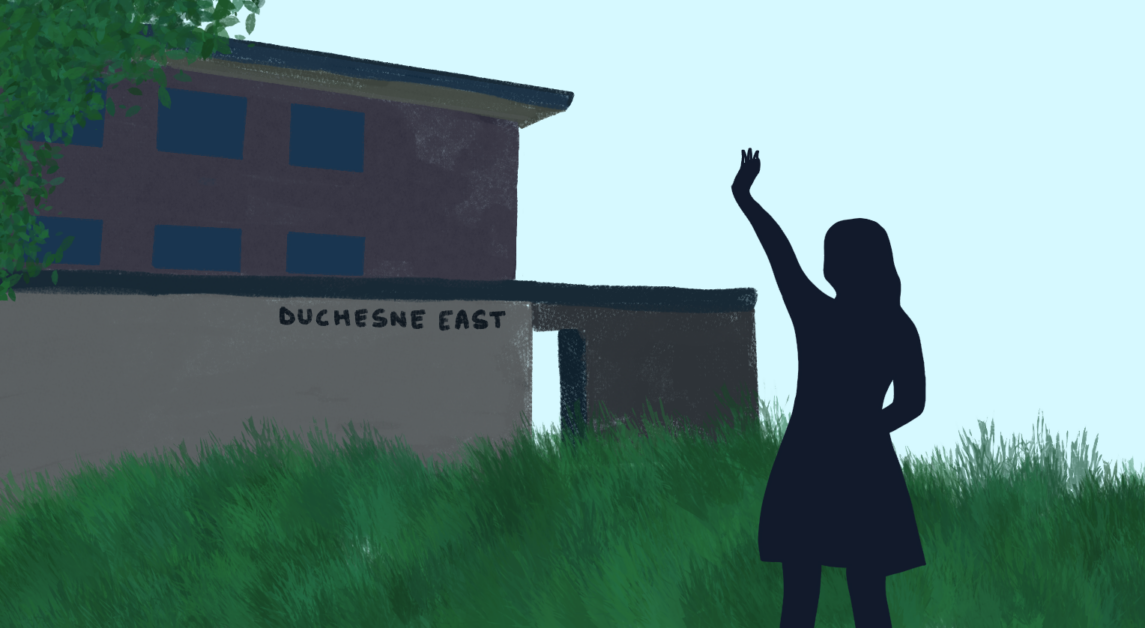Last spring, the Undergraduate Government of Boston College approved Climate Justice at Boston College (CJBC) to become a registered student organization, a turning point in the group’s long fight for recognition. This week, the Office of Student Involvement accepted CJBC’s application on a provisional basis, marking the first time in the organization’s history that it has had status as a registered student organization.
CJBC is known around campus for holding protests and vigils encouraging divestment, often without the permission of the administration. The tone during these meetings has been straightforward: the University needs to divest from fossil fuels, they need to do it now, and here’s why.
Now as a registered organization, however, the group needs to broaden its focus from just advocating for change in BC’s stance on fossil fuels to more educational programming on sustainable living overall. This, in itself, is not a bad thing—advocacy can still come via education—but it is certainly a step by the administration toward declawing the group, making them into a passive entity that really only exists to bring speakers onto campus.
In addition, this advocacy organization is starting its venture into the world of registered student groups with sanctions and a probationary status, due to its protests and rallies held last semester—protests and rallies that were held when the group was not even recognized by the University. In effect, CJBC is being punished retroactively by rules and regulations that did not apply to them in the past, but apply to them now because of their newfound status—a strange paradox and play by the University that is both unfair and confusing.
After spending so long attempting to gain recognition, CJBC has finally been successful. They now have all of the abilities of an RSO—the only thing that the sanctions mean is that they cannot step outside of stipulated guidelines for at least a year.
It would be in CJBC’s best interest to use this opportunity to prove to the administration that the funding is well deserved, and that the organization can bring speakers to campus and hold meetings during the week in an orderly fashion. Although CJBC’s mission of advocacy has been partially slashed, education still has the potential to create social change and action on the part of all individuals, albeit at a much slower pace. As for the sanctions handed down for past crimes, CJBC would be wasting its time trying to work out some kind of appeal process or to outright fight the charges. Instead, time should be spent invigorating the student body, attracting interested freshmen, and, in the end, like many other organizations on campus, making the BC community better for its presence.
Featured Image by Drew Hoo / Heights Editor










